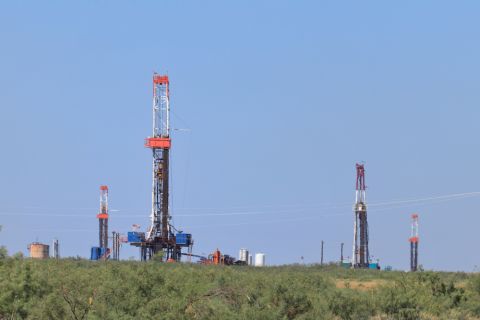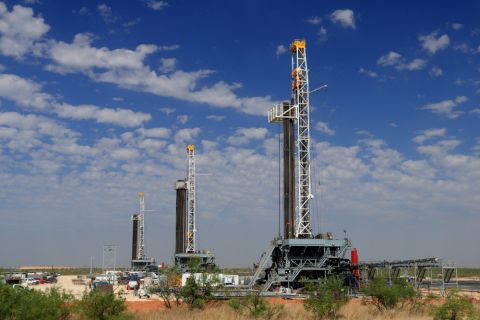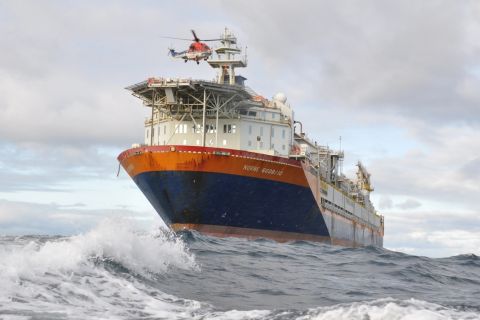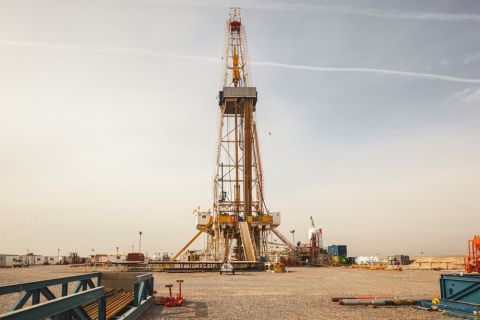?
In the Marcellus shale, Range Resources Corp. is a winner. The Fort Worth, Texas-based E&P that is considered a leader in the unconventional-gas play with millions of acres in the fairway there “has exceeded our expectations for progress in the Marcellus in terms of the 2009 development plan,” says Merrill Lynch Research analyst Eric Hagen.
“Going forward, we believe that consistently strong results and achieving its goal of 30 million cubic feet equivalent per day of production by the end of first-quarter 2009 in the Marcellus are key catalysts.”
“Range trades well above its peers at 7.2 times (2008E EBITDA). Therefore, we do not see enough relative value to drive a change in our rating.” He reiterates a “neutral” recommendation and a price of $74.
Noteworthy, he adds, is that the company has made arrangements for water disposal, a leading issue in the Marcellus play, “that should allow it to execute its plans for the next several years. It also disclosed (in a conference call) that it believes per-well reserves and costs should be consistent across its core areas—southeastern and north-central Pennsylvania—at 3- to 4 billion cubic feet per well for a $3- $4 million completed per-well costs.”
He concludes that Range has significant 3P exposure to the emerging Marcellus shale; “therefore, delineation results above or below our expectations could undermine our assumptions.”
—Nissa Darbonne
The newest Fed “Beige Book” contains this entry from the Federal Reserve Bank of Dallas.
The Dallas region includes North Louisiana and all of Texas, which contain the Haynesville and Barnett shale plays.
The Dallas Fed reports, “Rising energy prices have pushed oil and natural gas drilling sharply higher in recent months. Land-based drilling directed to unconventional sources of natural gas has seen the largest gains. Drilling companies are adding jobs but report having difficulty finding workers with the skills they need.”
Recommended Reading
New Permian Math: Vital Energy and 42 Horseshoe Wells
2024-05-10 - Vital Energy anticipates making 42 double-long, horseshoe-shaped wells where straight lines would have made 84 wells. The estimated savings: $140 million.
SM Energy Targets Prolific Dean in New Northern Midland Play
2024-05-09 - KeyBanc Capital Markets reports SM Energy’s wells “measure up well to anything being drilled in the Midland Basin by anybody today.”
Vår Selling Norne Assets to DNO
2024-05-08 - In exchange for Vår’s producing assets in the Norwegian Sea, DNO is paying $51 million and transferring to Vår its 22.6% interest in the Ringhorne East unit in the North Sea.
Crescent Energy: Bigger Uinta Frac Now Making 60% More Boe
2024-05-10 - Crescent Energy also reported companywide growth in D&C speeds, while well costs have declined 10%.
SLB OneSubsea JV to Kickstart North Sea Development
2024-05-07 - SLB OneSubsea, a joint venture including SLB and Subsea7, have been awarded a contract by OKEA that will develop the Bestla Project offshore Norway.





